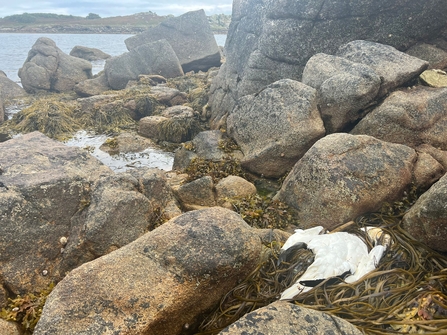The worldwide pandemic of avian flu is having a devastating effect on UK birds – the tragic effects of the disease are being seen around the UK with reports of thousands of dying and sick birds from Northumberland to the Isles of Scilly.
The outbreak is believed to have its origins in the epidemic that has affected poultry farms in the Far East. Large numbers of captive birds kept in close contact and cramped conditions provide perfect conditions for new outbreaks – and factory-farmed poultry can also be highly susceptible to the disease. These features of intensive poultry farming mean that once a disease emerges, it can sweep quickly through a large population and be difficult to contain. Outbreaks like this are a symptom of this unsustainable farming system.
Joan Edwards, director of policy and public affairs at The Wildlife Trusts says:
“Bird flu is killing huge numbers of wild birds that are already threatened by a range of other problems – from climate change and habitat loss, to overfishing and pollution. The current outbreak is thought to be the worst ever in the UK and has been particularly damaging for our internationally-important seabird colonies such as gannets.
“We need to see the Government take a new approach to producing food that farms in harmony with nature instead of harming it. Intensive poultry sheds are a source of disease and the resulting chicken poo is polluting our rivers too. It’s also vital that we see stronger leadership on helping wild birds recover in a range of policy decisions this autumn – the Government has been slow to respond and the situation is far too serious to be swept under the carpet. Entire UK populations of seabirds are at risk of being lost.”

